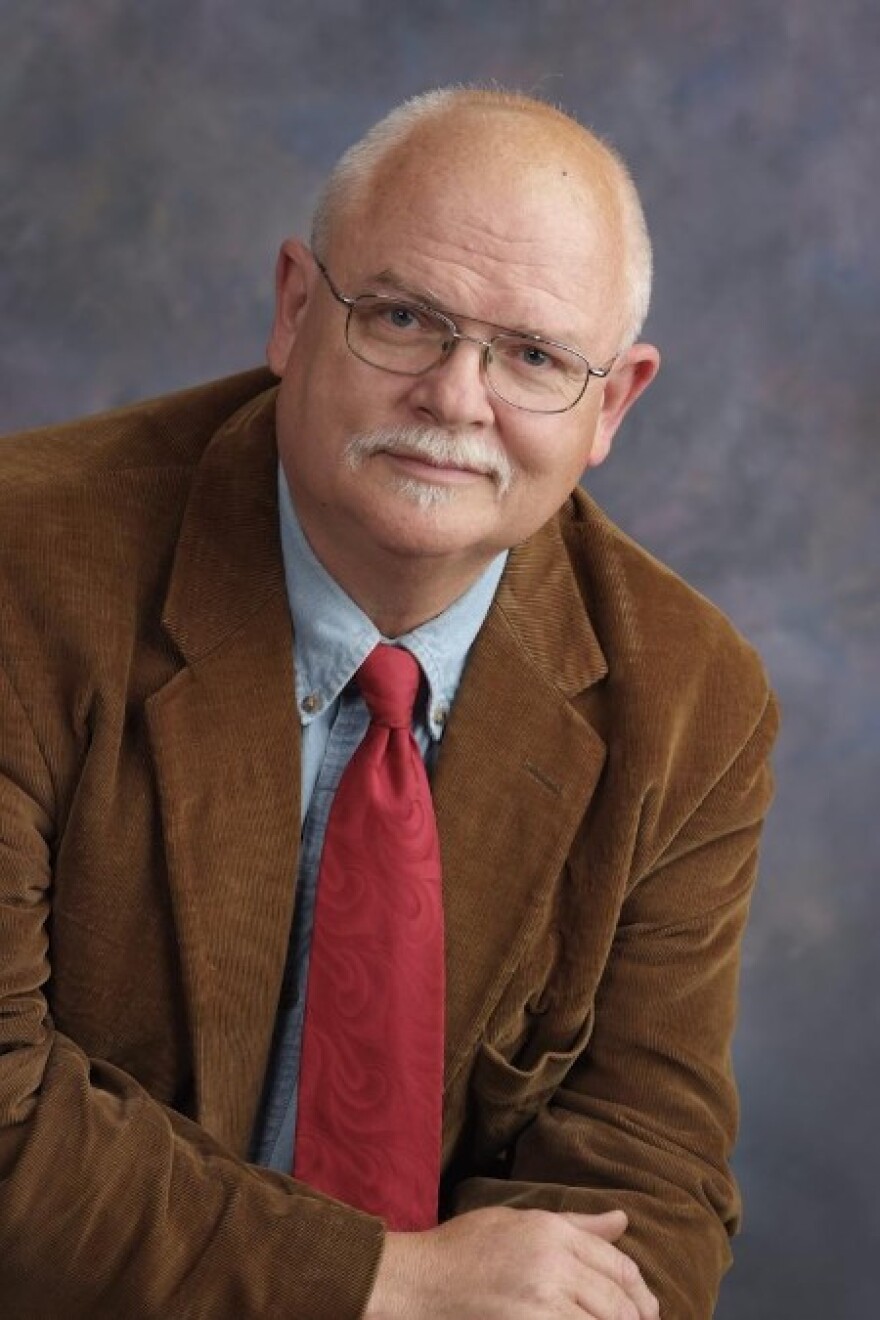Illinois’ legislature on May 31 signaled that fracking can begin, overwhelmingly approving a plan to regulate the high-volume gas and oil drilling despite considerable testimony in opposition, hundreds of people rallying and protesting at the Capitol and Gov. Quinn’s office, and five southern-Illinois counties and four cities, including Carbondale, voting to wait.
The votes on the measure – written by industry and two environmental groups now under fire from long-time allies – were 108-9 in the House and 52-3 in the Senate, with all area lawmakers backing the bill. (Editor’s note – Governor Quinn signed the bill on June 17)
Opponents fear pollution, threats to public health, a risk to underground aquifers, declining property values, and loss of local control.
The legislators who went along – well-meaning public servants who erred here – were Republican Sen. Darin LaHood and Democratic Sens. David Koehler and John Sullivan, and Republican Reps. Norine Hammond, David Leitch, Don Moffitt, Jil Tracy and Mike Unes, and Democratic Rep. Jehan Gordon-Booth.
Fracking (hydraulic fracturing) is drilling thousands of feet into rock, cracking ancient formations, and injecting huge amounts of water, chemicals and sand or gravel at high pressure to open pockets of natural gas and oil trapped there. Reportedly, one well may need as much as 7 million gallons of water plus 400,000 gallons of additives, from lubricants to solvents. Hazardous chemicals may be used, and, as the journal Nature reported, researchers found that methane leaks resulting from the process pose problems, too.
Thousands of leases have apparently been signed along downstate’s New Albany shale formation, which runs up to 5,000 feet beneath the surface and extends through Indiana, Kentucky and Tennessee.
Opponents fear pollution, threats to public health, a risk to underground aquifers, declining property values, and loss of local control. Sandra Steingraber, a Pekin native who became an esteemed biologist and author (including “Living Downstream” and “Raising Elijah: Protecting Children in an Age of Environmental Crisis”), condemns fracking. She said, “Shale gas extraction from fracking is an accident-prone, carcinogen-dependent enterprise that turns communities into industrial zones.”
The Illinois Chamber of Commerce claimed that 47,000 new jobs and a $10 billion boom could result (conceding it hadn’t accounted for [quote] “any environmental impacts, costs or benefits”), although Ohio’s Republican Gov. John Kasich says jobs promised there haven’t happened.
Steingraber said, “The jobs that fracking provides are temporary, toxic and carry high rates of injury,” and added that fracking will “bring temporary riches for a few and risk permanent ruin for many.”
The National Resource Defense Council (NRDC), which supports a moratorium, nevertheless cooperated with drafting the bill, which the organization sees as providing some protections instead of legalizing the controversial process with no standards at all.
NRDC Midwest Director Henry Henderson said, “Fracking should not be taking place in Illinois, but it is. More science and more protections are needed for our health and safety. We would prefer a moratorium on fracking, but cannot ignore the current reality that unregulated fracking is already endangering the citizens of this state. This bill provides a solid foundation to build on, offering Illinoisans protections missing from other states, a seat at the table in the permitting process, and access to the courts to defend themselves.”
If enforced, the regulations, at best, establish well construction standards, set a detailed application process, let Illinoisans have input in the permitting process and bring citizen actions, mandate testing of affected water before, during and after fracking, require companies to publicly disclose chemicals they use (and limit claims of trade secrets in those disclosures), and make companies accept liability for water pollution.
That’s not enough, fracking foes say.
Dayna Connor, a Southern Illinois mother of three who was one of the demonstrators arrested May 23 at a sit-in at Quinn’s offices, said, “Gov. Quinn and Attorney General Lisa Madigan have negotiated away our health and wellbeing to the gas industry.”
Others say it’s the best worst case.
NRDC senior attorney Ann Alexander said, “These regulations certainly don’t make fracking safe, but they’re a start.”
Or, others say, an end.
Bill Knight’s newspaper columns are archived at billknightcolumn.blogspot.com
The opinions expressed are not necessarily those of Tri States Public Radio or Western Illinois University.



